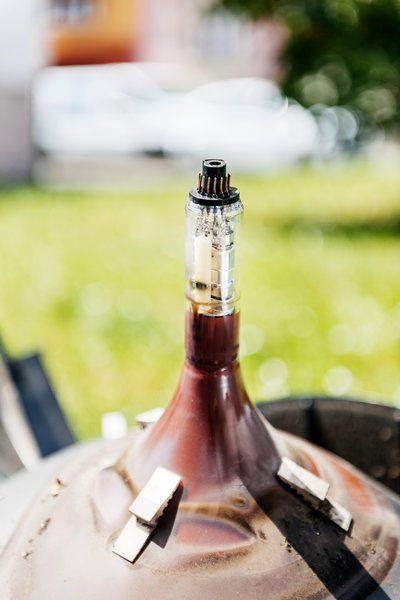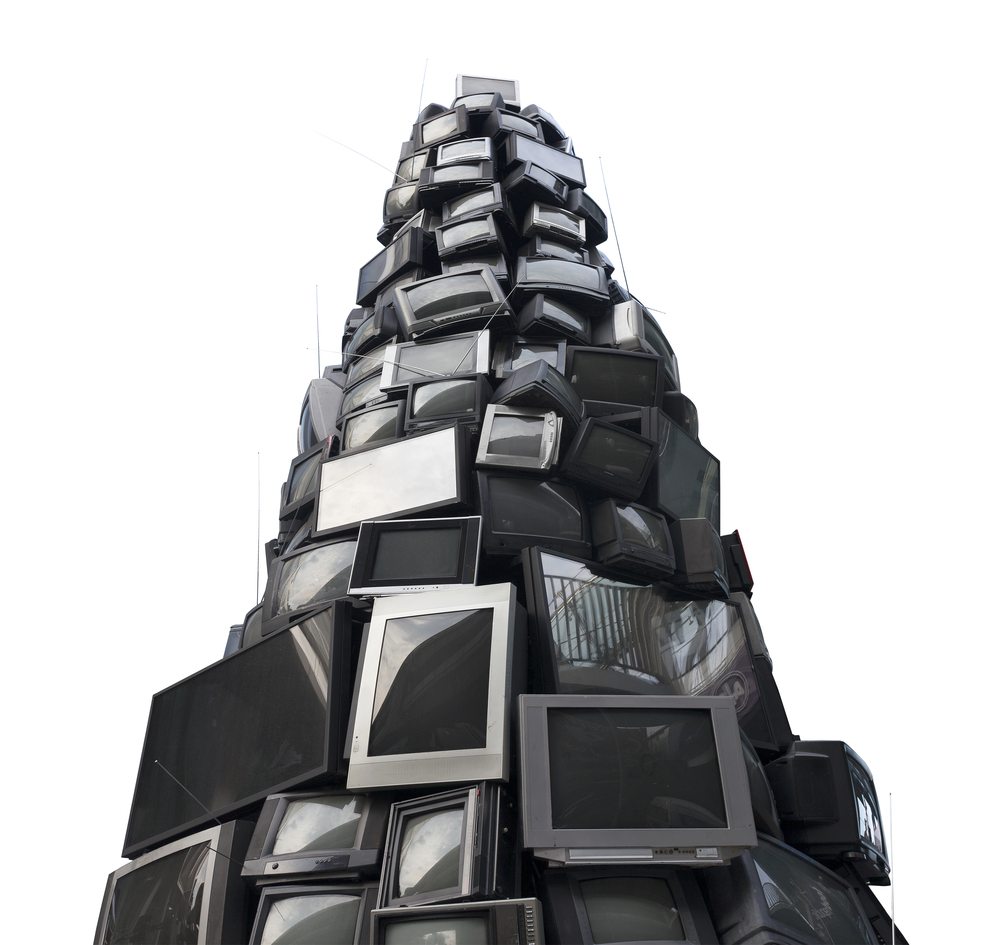Vizio has sued the head of the Connecticut Department of Energy and Environmental Protection over an e-scrap law it says unfairly burdens the TV manufacturer.

Vizio has sued the head of the Connecticut Department of Energy and Environmental Protection over an e-scrap law it says unfairly burdens the TV manufacturer.
A bill that’s passed through North Carolina’s Senate would repeal the state’s electronics recycling program.
In a move bound to have ripple effects throughout the industry, a pillar of the e-scrap world has announced major closings in Canada and the U.K.
Automated retail company Outerwall, formerly Coinstar, has announced it will acquire kiosk-based electronic buy-back company ecoATM for $350 million in cash.
 Sims Recycling Solutions plans to close its processing site outside Baltimore following the loss of a sizable contract to handle devices from U.S. military branches.
Sims Recycling Solutions plans to close its processing site outside Baltimore following the loss of a sizable contract to handle devices from U.S. military branches.
 The success of a Staten Island pilot program that allows residents to schedule e-scrap pick-ups for free has New York City officials already considering expanding the service.
The success of a Staten Island pilot program that allows residents to schedule e-scrap pick-ups for free has New York City officials already considering expanding the service.
 Nulife Glass has not yet heard from state officials on whether millions of pounds of leaded CRT material will be considered hazardous waste.
Nulife Glass has not yet heard from state officials on whether millions of pounds of leaded CRT material will be considered hazardous waste.
Illinois legislators have unanimously passed a bill that, if signed into law, would count leaded CRT glass stored at a designated landfill cell toward manufacturer recycling goals.
 Companies participating in California’s e-scrap program have been frequently resorting to CRT glass disposal in 2016, and that trend is likely to continue as question marks swirl around the status of a glass-to-glass recycling operation in India.
Companies participating in California’s e-scrap program have been frequently resorting to CRT glass disposal in 2016, and that trend is likely to continue as question marks swirl around the status of a glass-to-glass recycling operation in India.
 Nulife Glass succeeded in getting a CRT glass smelting furnace up and running in New York but is now fighting with Pennsylvania regulators who say it is stockpiling material. State officials assert Nulife has speculatively accumulated 17 million pounds of CRT material in four warehouses in Pennsylvania.
Nulife Glass succeeded in getting a CRT glass smelting furnace up and running in New York but is now fighting with Pennsylvania regulators who say it is stockpiling material. State officials assert Nulife has speculatively accumulated 17 million pounds of CRT material in four warehouses in Pennsylvania.
